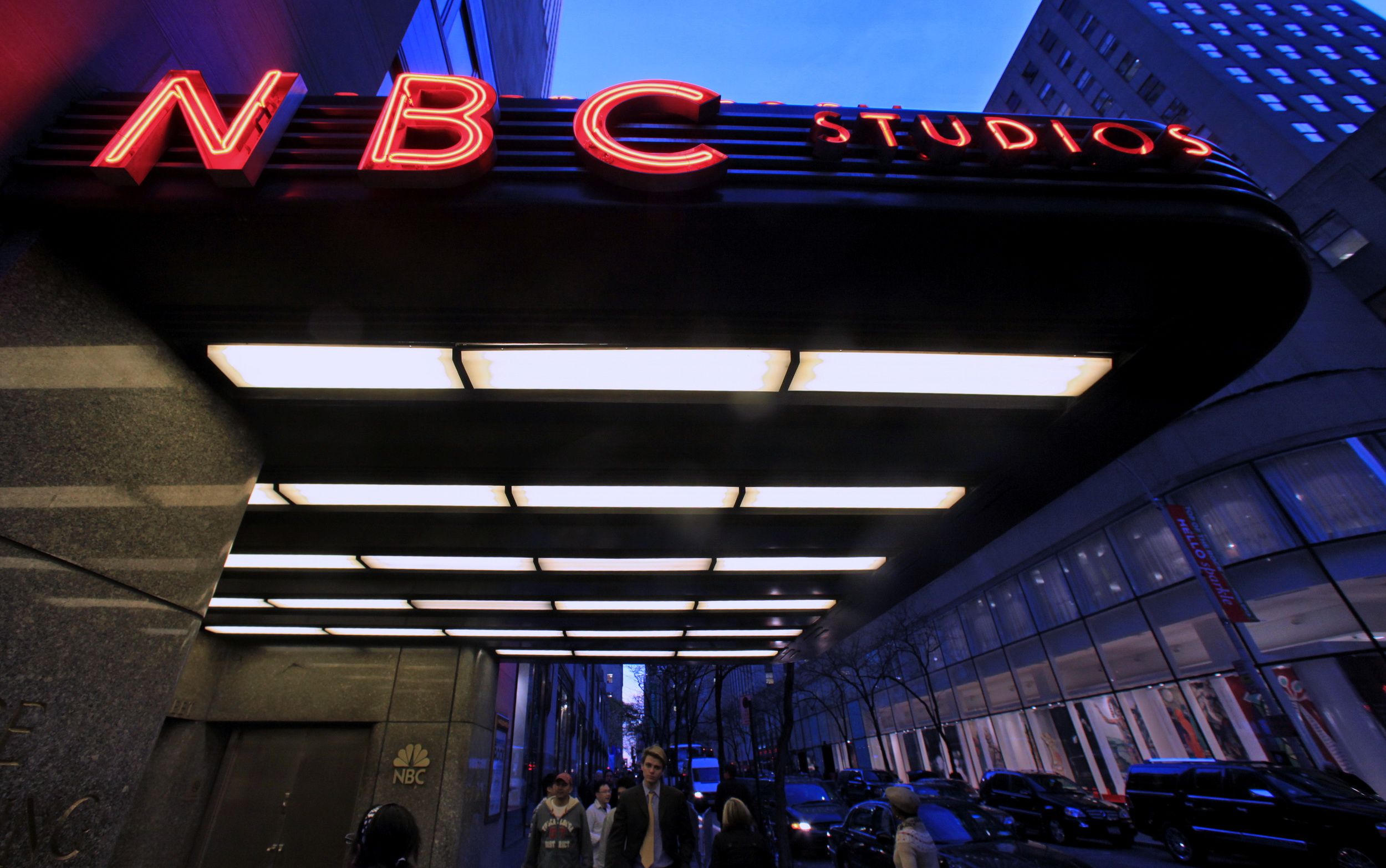This week, a wave of television and film production companies have raised their voices about Georgia’s new abortion law.
Some say they could leave the state if the measure, which would ban most abortions as early as six weeks into a pregnancy, takes effect.
That’s set to happen Jan. 1, 2020, assuming it survives expected legal challenges from groups such as the ACLU of Georgia.
“We have many women working on productions in Georgia, whose rights, along with millions of others, will be severely restricted by this law,” said Netflix chief content officer Ted Sarandos in a statement Tuesday to Variety.
Disney CEO Bob Iger told Reuters Wednesday: “I think many people who work for us will not want to work there, and we will have to heed their wishes in that regard.”
In the time since, WarnerMedia, NBC Universal, CBS, Showtime, AMC Networks, and others have issued similar statements saying they’re watching the progress of the abortion law closely.
But the companies aren’t leaving for now, and that’s a good sign to some.
“This law is going to take a minute to work its way through the system. Until that moment when that goes into effect, it’s business as usual,” said Craig Miller, former chair of Georgia’s Film, Music and Digital Entertainment Advisory Commission.
Miller also believes it will be hard for production companies to leave Georgia entirely. For one, the state offers generous film tax credits. He also thinks the well-established secondary industries that support making movies and television shows will continue to be a draw
Others worry that it’s bad for companies to even have to wrestle with rather to stay in the state.
“The damage is done in the process, and our credibility with Hollywood is at risk,” said Kris Bagwell with EUE/Screen Gems. “If you’re going to bring the next Marvel franchise and that’s a five year project, you can’t take the risk of going to Georgia and getting stuck.”
Bagwell’s Atlanta studio has played host to films such as Marvel’s “Black Panther” and shows like Netflix’s “Stranger Things.”
He worries the uncertainty about the law will have a particular chilling effect on television shows, which are often in production for years and years.
“If you come with a new show, and it’s successful and then the law goes into effect, moving is extremely expensive. And what I fear is that television in particular is going to be very cautious about coming to Georgia,” Bagwell said.
Moving is also on the mind of Callie Moore. The camera assistant relocated to Georgia a few years ago from New Orleans because she saw opportunity in the state’s growing film industry.
Now, she says, if work dries up in Georgia, she’ll have to leave.
“But a lot of people don’t have that luxury that they could just pick up and move if the film industry decided to leave or started to wane significantly,” she said.
Moore doesn’t feel that production companies boycotting the state will do much good. She’d rather they use their power to fight the abortion law from taking effect.
On a small scale, that’s just what Moore is doing. Earlier this month, she launched Stay and Fight Georgia, a grassroots effort among film-industry workers to raise money to support the legal challenge to the law.
“You feel like you’re floating in the wind, and you’re waiting for some Wizard of Oz speaker behind the curtain to tell you what’s going to happen with your livelihood, but we couldn’t do that. We had to do something,” Moore said.
Governor Brian Kemp’s office declined to comment on the recent string of production companies threatening to leave the state. They point to recent comments from Kemp expressing his appreciation for the investment the film and television industry have made in Georgia.










